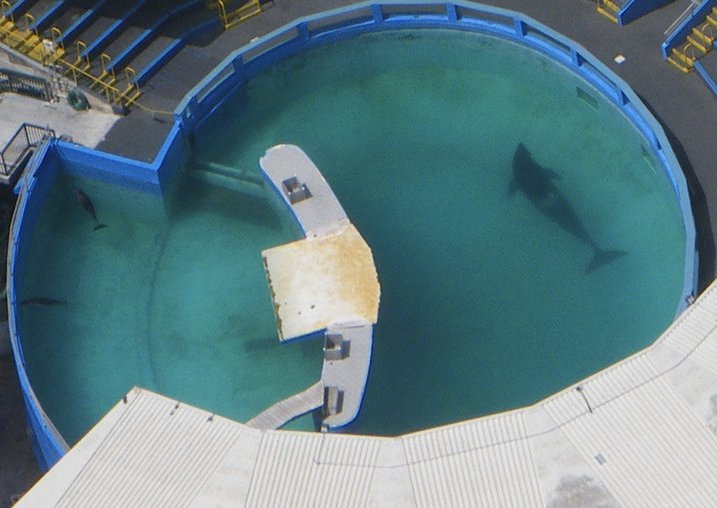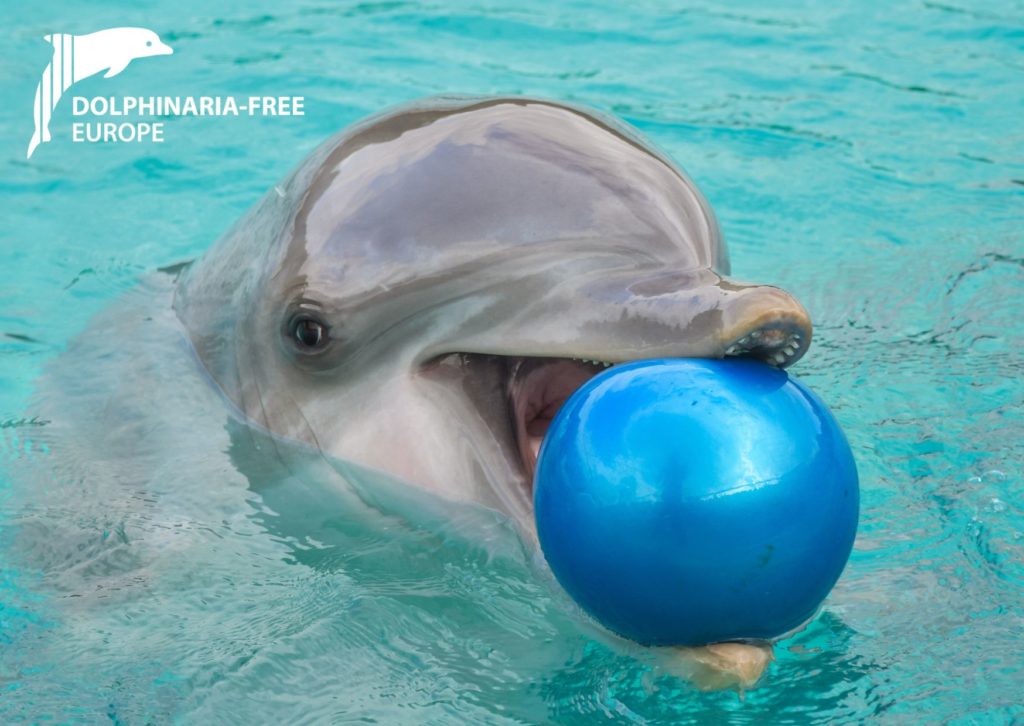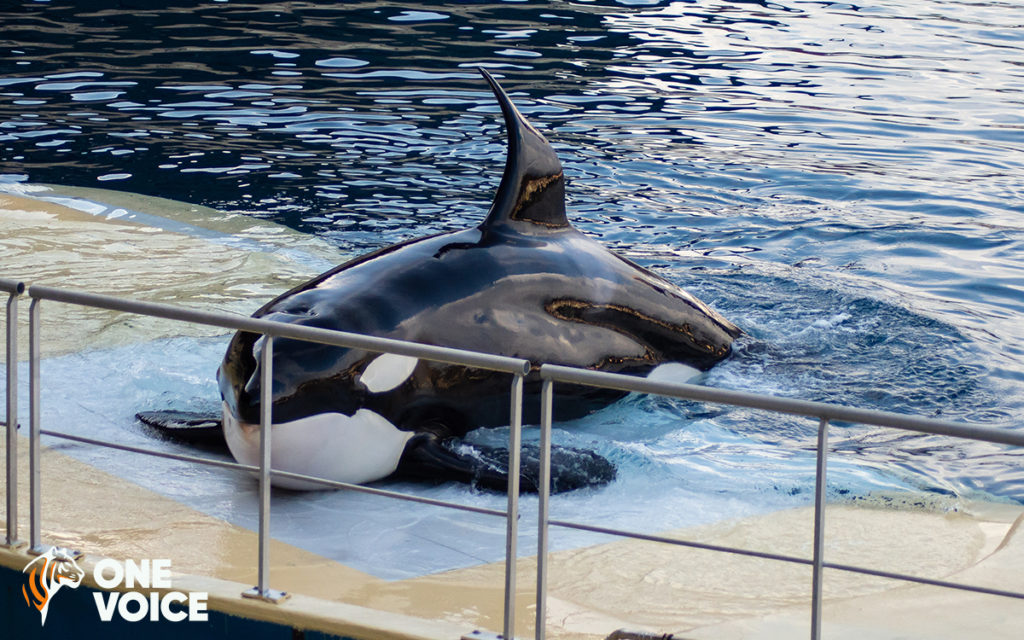
We have received the news from DFE member One Voice, that 12-year-old male orca Moana has died at Marineland, Antibes. A postmortem examination has already been carried out to determine the cause of death. Moana is the first orca to have been born by artificial insemination in Europe, his mother also captive born at the facility in 2001, is still alive and must now be mourning the loss of her son. Moana’s father is wild-caught Ulises, currently circling the pools at SeaWorld San Diego, which he has done since 1994.
There has been concern over the conditions in which the orcas have been held at Marineland for some years, including algae-covered tanks. A veterinarian specialising in orcas visited Marineland on behalf of One Voice two weeks ago, and his new report states the condition of the orcas is worrying. One Voice is now launching legal proceedings to receive the autopsy report and immediate access to the orcas by independent specialists.

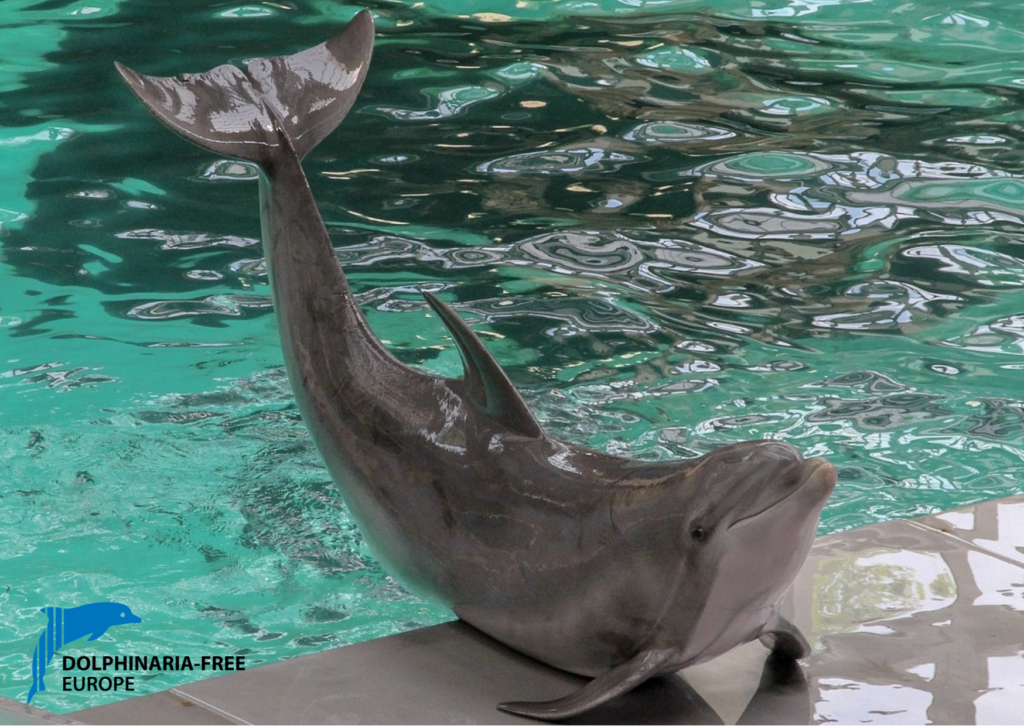
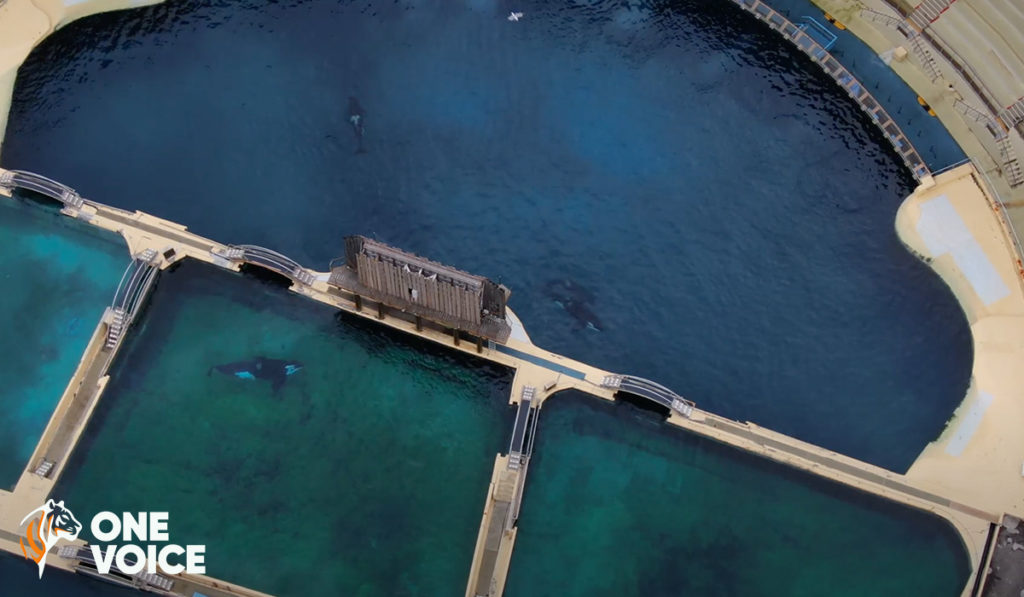
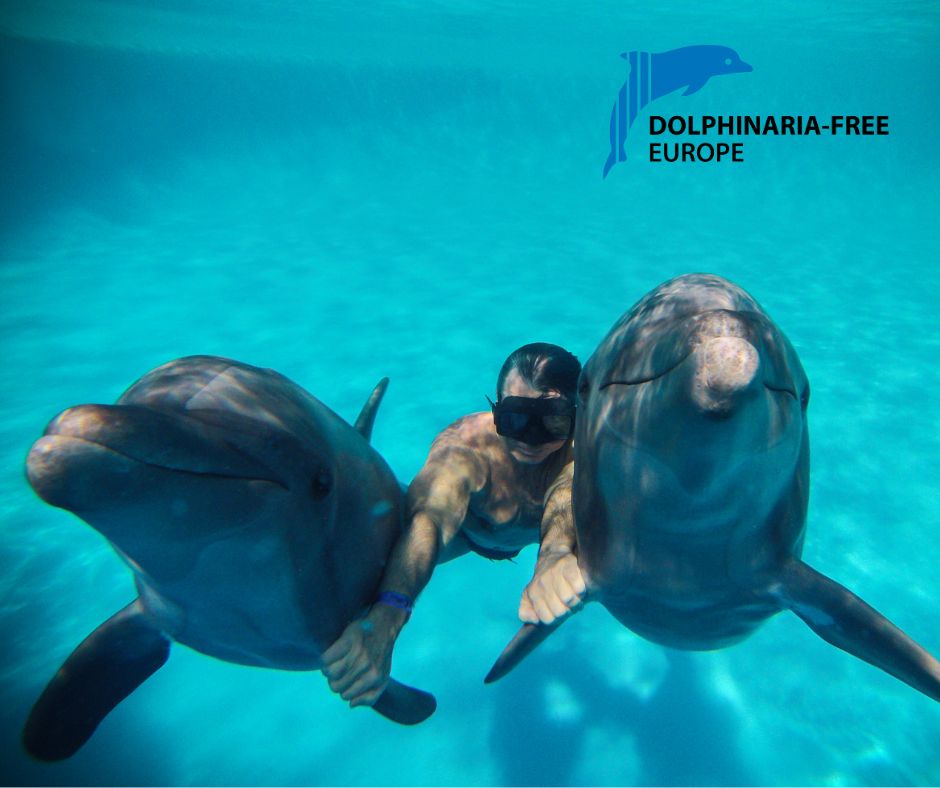 Several members of the Dolphinaria-Free Europe Coalition have been supporting the Animals (Low Welfare Activities Abroad) Bill in the UK, aimed at protecting captive animals abroad used for entertainment. The Bill has just passed its final stage and when law in England and Northern Ireland, will mean that tour operations such as TUI and Jet2 will be prohibited from advertising facilities abroad to their customers which display captive animals. We will report further once the Bill becomes law.
Several members of the Dolphinaria-Free Europe Coalition have been supporting the Animals (Low Welfare Activities Abroad) Bill in the UK, aimed at protecting captive animals abroad used for entertainment. The Bill has just passed its final stage and when law in England and Northern Ireland, will mean that tour operations such as TUI and Jet2 will be prohibited from advertising facilities abroad to their customers which display captive animals. We will report further once the Bill becomes law.